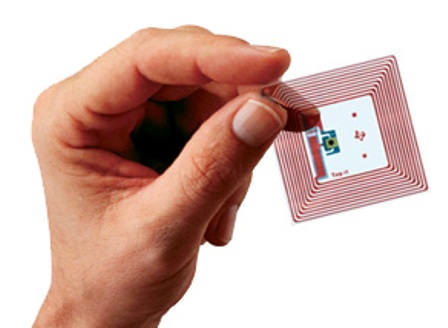Next-generation search to mine our RFID trail
Invasion of privacy or just another handy little tool?

The increasing use of RFID tags in everything from products on shelves to transportation cards is clearly convenient for all concerned, but a new venture from Japan highlights the potential for misusing the wireless technology.
There, a government-funded technology scheme gloriously called the 'Information Grand Voyage Project' has just moved onto its latest step, which involves creating next-generation search techniques.
Paperless trail
Among the strands of the project is one that will see NEC and NTT DoCoMo working on ways to personalise search results by analysing data held on RFID chips in phones and cards.
This information could be as mundane as an electronic travel pass showing the stations individual users commute between to details gleaned from the chips' e-cash functions on how often they buy medicines and other personal items.
We're watching you
Searching such data mines and skewing answers towards what a system believes users might prefer could turn out to be as handy as the initial uses of RFID tags or as insidious as any other form of snooping.
Get daily insight, inspiration and deals in your inbox
Sign up for breaking news, reviews, opinion, top tech deals, and more.
Moreover, if it works in Japan, we can be sure it'll be implemented in the rest of the world.
We've asked both DoCoMo and NEC to comment on the still-unclear plans and will bring you the official word once they're prepared to discuss it.
J Mark Lytle was an International Editor for TechRadar, based out of Tokyo, who now works as a Script Editor, Consultant at NHK, the Japan Broadcasting Corporation. Writer, multi-platform journalist, all-round editorial and PR consultant with many years' experience as a professional writer, their bylines include CNN, Snap Media and IDG.